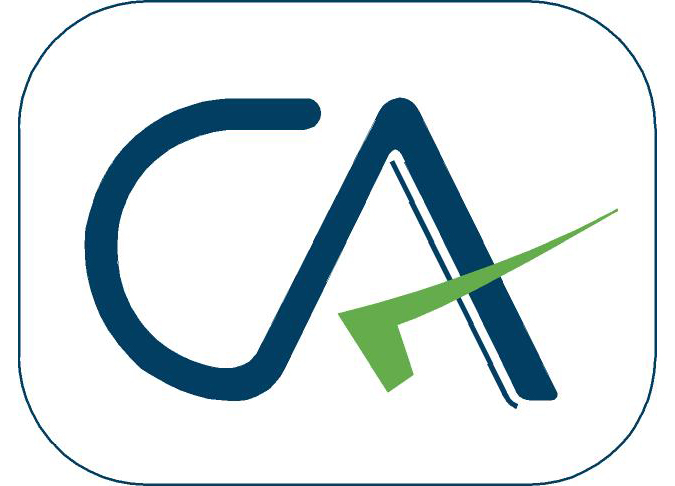Mandatory ITR Disclosure!


Why ITR Disclosure is Important
It has been observed that tax filers often commit mistakes in the return and do not make mandatory disclosures. As per income tax rules as updated , it is mandatory to make certain disclosures while filing ITR. Tax filers often miss these disclosures inadvertently.
Capturing data & Tax calculation is very easy with help of technology. However, it is worth mentioning here is that taxpayers should make these disclosures in order to avoid getting a notice from tax department.
Key Highlights
- Disclosure all Bank Accounts in ITR Form including Joint excluding dormant
- A Taxpayer is required to mention details of unlisted equity shares held by him/her in the ITR
- If you are director in any Indian or Foreign Company then you need to mention that in your ITR
- In case you are earning more than INR 50 lakh then you need to disclosure all Immovable & movable assets like land, building, jewellery and bullion, vehicles, bank accounts, investments in stocks and bonds, insurance policies, etc. and any corresponding liabilities are provided.
- In case of Resident (Ordinarily) , disclosure all foreign assets such as bank accounts, securities, beneficiary interest/ownership etc.
Bank account disclosure:
The ITR filing portal now requires the disclosure of all bank accounts held by the taxpayer.
A taxpayer has to mention the details of all types of accounts like current account, savings account (single and jointly held), all foreign accounts, Non-Resident External (NRE) and Non-Resident Ordinary (NRO) accounts, accounts held with co-operative banks, etc. However, dormant account details need not be mentioned. To add these accounts, information like the account number, bank name, IFSC code will be required.
Also, taxpayers will have to choose one of these accounts for a tax refund. For this, make sure that the account details are prevalidated for smooth processing of income tax refund
Unlisted stocks disclosure:
If you are holding unlisted shares of any company registered under the Companies Act, 2013, then the details of these shares are to be reported in your ITR filing. The taxpayer’s disclosure of unlisted shares must be made under the ‘Part A- General’ information tab in ITR. This disclosure is required even if the unlisted shares are held anytime during the financial year. Details like PAN of the company, opening balance of shares, shares acquired and transferred during the year, and closing balance of shares must be reported.
This disclosure is mandatory even if these unlisted share details are mentioned under the ‘Foreign Asset (FA)’.
Also, the finance ministry has widened the scope of Form 26AS to include a few new details like information related to unlisted shares. With this, the income tax department will have details of unlisted shares held by the taxpayers linked to its PAN, and any mismatch in ITR reporting could be questioned. It is advisable to verify Form 26AS or new AIS before ITR reporting.
Directorship details:
If a taxpayer is a director in any Indian or a foreign company, its disclosure must be made while filing a return of income.
The taxpayer will have to mention details like DIN (directors identification number), PAN of such the company, and disclosure whether the shares of such company are listed on the recognised stock exchange or not is to be mentioned.
Schedule AL (Assets and Liabilities’):
Taxpayers earning more than Rs.50 lakh must provide additional disclosure under Schedule AL (assets and liabilities) in the ITR. The schedule requires disclosure of immovable as well as movable assets. Details of assets like land, building, jewellery and bullion, vehicles, bank accounts, investments in stocks and bonds, insurance policies, etc. and any corresponding liabilities are provided.
Schedule Foreign Assets (FA):
Residents are required to disclose the ownership of any foreign assets or beneficial interest held in any foreign assets in Schedule Foreign Assets (FA).
The foreign assets required to be disclosed foreign custodial accounts, foreign equity and debt interest, foreign depository accounts, shares held in any listed or unlisted foreign company, cash value/surrender value of foreign insurance contract, trusts created under any foreign country laws in which the assessee is a trustee, any other foreign asset.
These amounts should be mentioned after converting them into Indian rupees.
Remember that this disclosure is required even if the ownership is just for a single day in the entire financial year.
Disclaimer:
Views expressed are for reference only. It should not be construed as professional advice. Tax payer need to seek professional advice before actual use.
